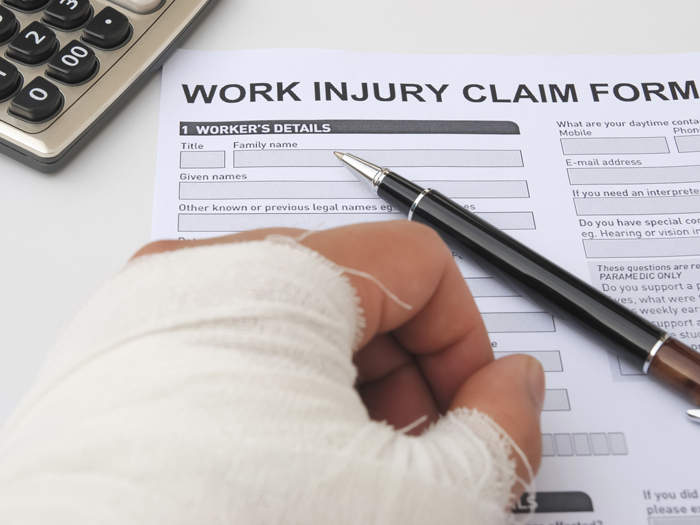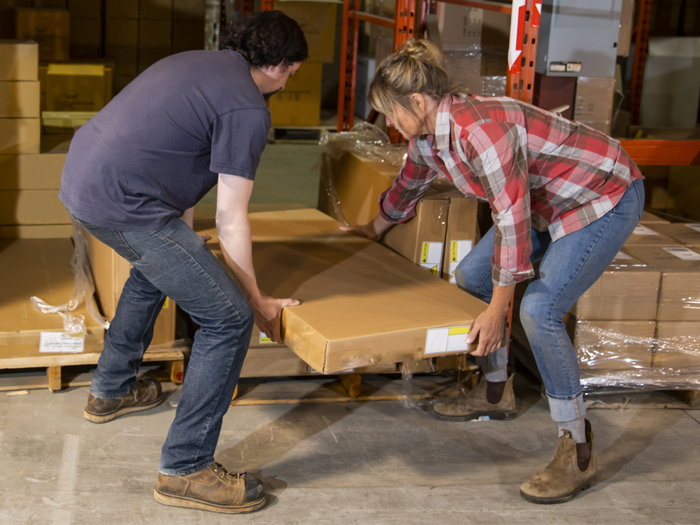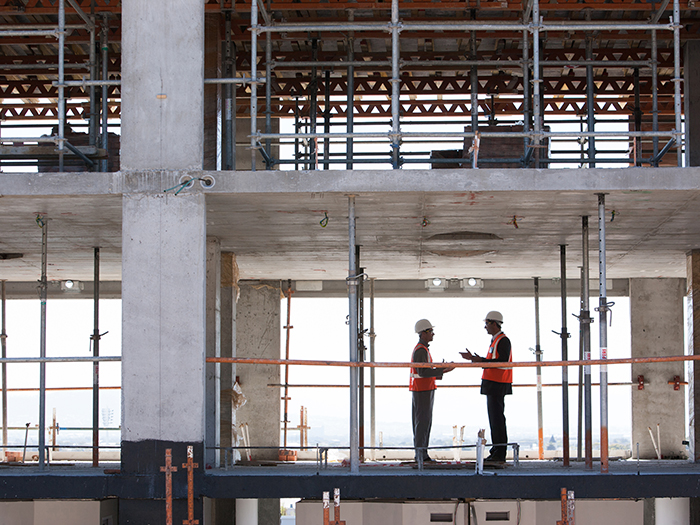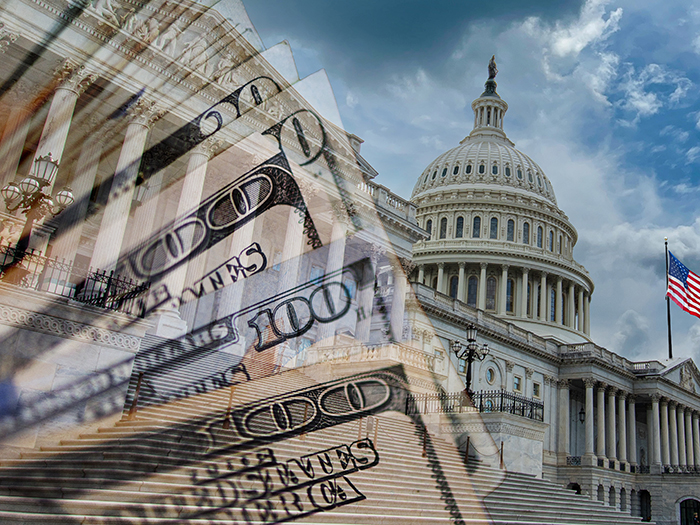COVID-19 Business Interruption Claims Are Moving Forward in Court; What Insurers Need to Prepare For
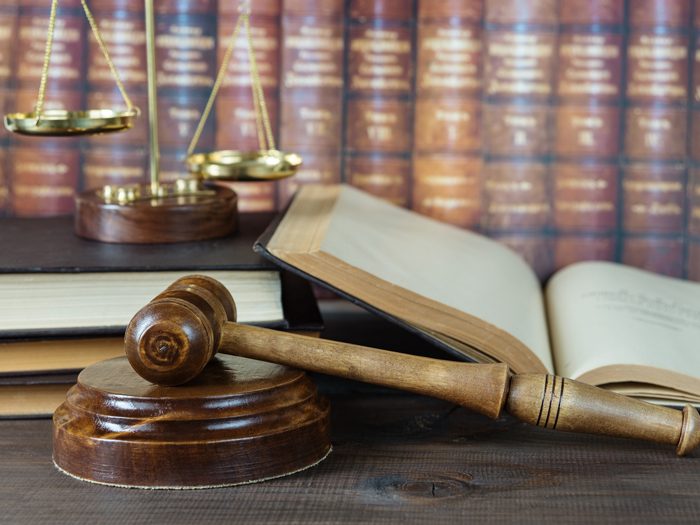
As the novel coronavirus continues to impact business operations well into its ninth month, the question of whether companies will receive coverage via business interruption policies remains in the hot seat.
For a BI policy to kick in, a business must sustain some type of physical loss that has impeded operations. Many insurers are denying such claims, because shutdown mandates enacted by state and federal law do not fit this definition. However, that hasn’t stopped businesses from trying.
In New Jersey, for example, an optometry practice filed suit against its insurer after its BI claim was denied. Optical Services USA believed that its business interruption policy would kick in to help offset the costs lost during shutdowns due to the virus.
Its insurer said no dice.
But, when the suit made its way to the Superior Court of New Jersey, the judge ruled in favor of the insured. Here’s what happened.
The Argument
Optical Services claimed that its COVID-19-related losses should be covered by its business interruption policy held through Franklin Mutual Insurance Company. As Optical Services put it, the company purchased business interruption insurance coverage to protect its businesses from an “unanticipated crisis.”
The virus, it said, was absolutely unanticipated.
Franklin Mutual turned to the policy’s language, which defines a business interruption loss as a “fortuitous direct physical damage to or destruction of covered property by a covered cause of loss.”
This loss requires a “physical impact,” the insurer argued, and because “[t]here is no known instance of COVID-19 transmission or contamination within the premises of plaintiffs’ businesses” no “direct physical loss” had been sustained by the optometry practice.
It was a cut-and-dry argument.
What Happened in Court
However, New Jersey law saw otherwise.
Optical Services responded to its insurer’s argument by bringing into play another New Jersey decision made in 2009, Wakefern Food Corp. v. Liberty Mutual Fire Insurance Co.
In that case, a group of grocery stores had to endure a four-day electrical blackout that affected much of the northeastern United States and eastern Canada. The stores incurred losses due to food spoilages, as well as lost business during that time.
Wakefern tried to become whole through its business interruption policy but was denied coverage. The 2009 court reviewed the case, and ultimately, a decision was reached: A “direct physical loss or damage” does not necessarily require a tangible change to property but just the loss of functionality.
Optical Services claimed that it, too, was a victim of a loss of functionality, and therefore, its business interruption claim should kick in. It believed that the Wakefern decision set a precedent that could not be ignored when it came to business interruption claims.
The Superior Court of New Jersey found Optical Services’ argument compelling enough to deny Franklin Mutual’s motion to dismiss. The case will proceed forward in court.
New Jersey Is Not Alone
This is not the first COVID-related business interruption insurance dispute to pass in court. Back in August, a decision out of the Western District of Missouri also supported policyholders’ arguments for business interruption coverage for loss from COVID-19.
In that decision, Studio 417, Inc. v. Cincinnati Insurance Co, a hair salon and a group of restaurants brought forth a putative class action for breach of contract against Cincinnati Insurance Co. after their BI claims were denied coverage. Cincinnati had taken the same position as many insurance companies — that there must be tangible or structural damage to the covered property for a BI policy to cover losses.
In court, the Studio 417 team argued that its patrons who were likely infected with COVID-19 entered their businesses within the past several months and, as a result, infected the premises with the virus.
They argued the virus “is a physical substance” that “live[s] on” and is “active on inert physical surfaces” and is “emitted into the air.” The presence of such a virus, therefore, “renders physical property … unsafe and unusable” and caused the plaintiffs in this case “to suspend or reduce business” at the covered premises.
The court found the argument had merit and ruled that the case could move forward because Studio 417 had established “a causal relationship between COVID-19 and their alleged losses.”
The Long-Term Implications
No doubt, a number of business interruption claims that find a way to court will likely fall in favor of the insurer.
But as more and more businesses seek restitution during this unprecedented time, it is paramount for insurers to review policy language and specific exclusions as they pertain to COVID-19 and BI loss.
Now is the time to start thinking about what the long-term effects could be on insurer and insured alike if more and more BI claims are passed in court. &





